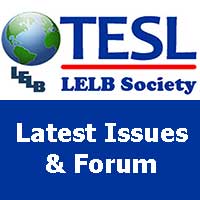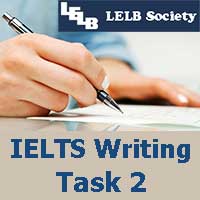Recast and Feedback in Language Learning | TESL Issues
Recast Recast is another form of feedback, though they are less direct and more subtle than other forms of feedback. A recast is a reformulation of an incorrect utterance that maintains the original meaning of the utterance where the NS reformulates the NNS’s incorrect utterances. Recasts are complex, for instance, is it a partial recast? …








